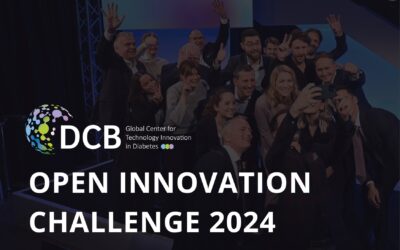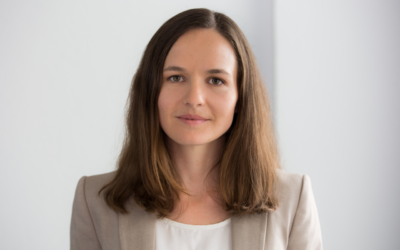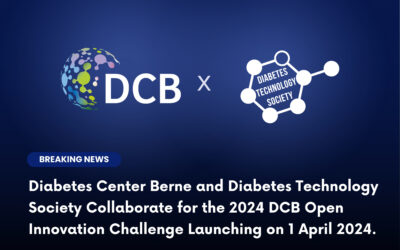For the fourth time, the Diabetes Center Berne is launching the Open Innovation Challenge with the aim of specifically...
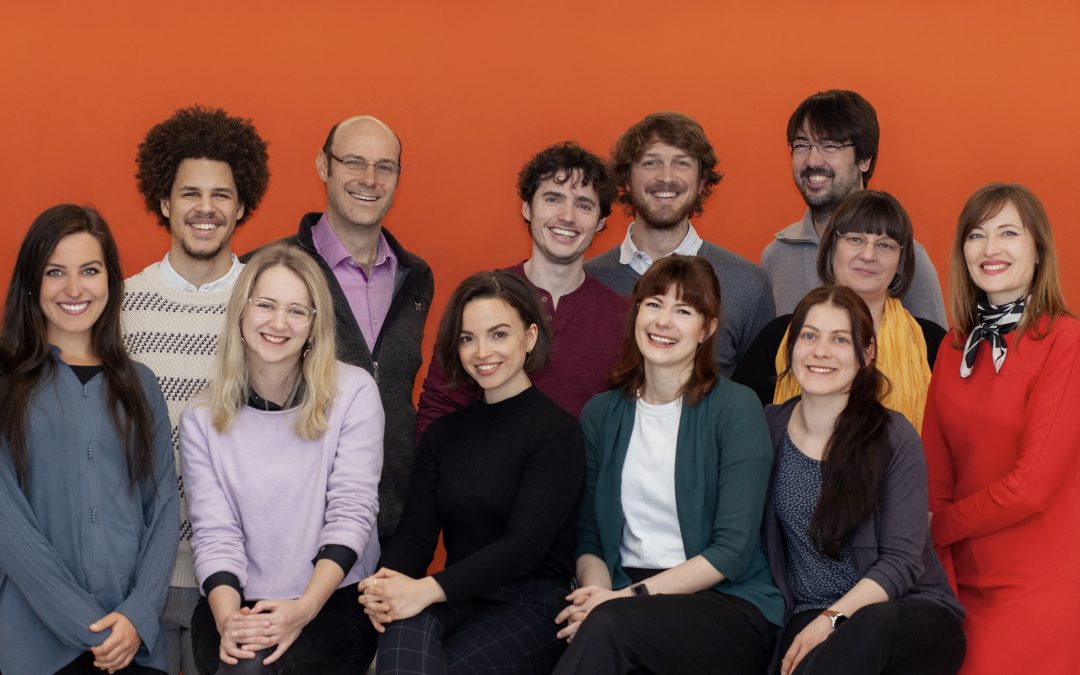
DCB joins the OPEN project: evidence on the clinical and person-reported outcomes of open-source automated insulin delivery (AID) system users
DCB joins the OPEN project: evidence on the clinical and person-reported outcomes of open-source automated insulin delivery (AID) system users
Bern, September 14, 2022 – DCB has become a new consortium member of the OPEN project – a patient-led research project gathering real-world evidence on the clinical and quality of life outcomes of open-source automated insulin delivery (AID) system users to better understand their impact on the lives of people with diabetes.
Today, modern therapy methods such as sensors for continuous glucose monitoring and insulin pumps are available for people with diabetes in selected countries. Nevertheless, only a small proportion of people with diabetes reach the long-term outcome parameters recommended by therapeutic guidelines of an hemoglobin A1c value <7.0%. In closed-loop systems, also known as “artificial pancreas” or “automated insulin delivery” (AID) systems, a control algorithm continuously and automatically adjusts insulin dosing of an insulin pump according to an individual’s predicted glucose levels and insulin needs.
However, research, commercial development and regulatory approval of such technologies are resource heavy, time consuming and complex. Under the mantra #WeAreNotWaiting, tech-savvy people with diabetes have therefore started building their own AID systems. Based on the principle of “paying it forward”, instructions and code needed to build and maintain these systems as well as community peer-support are freely available on open-source platforms online.
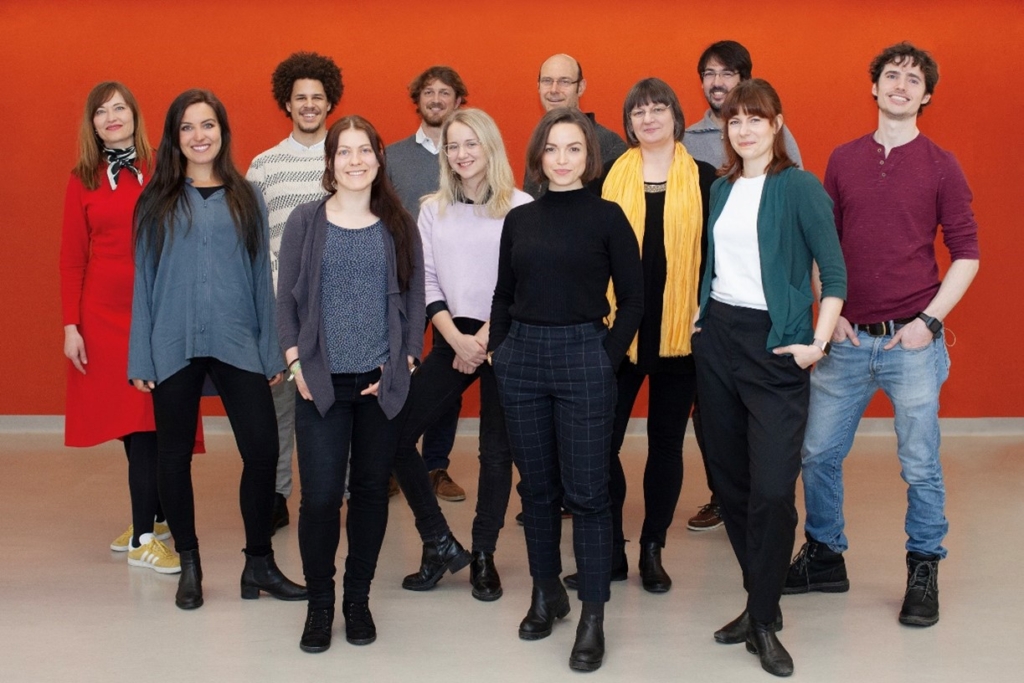
Photo: Researchers of the OPEN project
The team found that people who are using these systems not only experienced significant improvements of their physical, but also tremendous improvements in the quality of life and sleep. OPEN has moreover established an international consensus statement of 48 healthcare professionals and legal experts that provides theoretical background and practical guidance for healthcare professionals who wish to support individuals using open-source AID, which was part of the “100 years of insulin” special issue of The Lancet.
“Our research is enabling healthcare providers, academia, device manufacturers and regulators to understand open-source AID systems, that people using them feel safe, and experience a variety of positive changes related to their diabetes management, mental and physical health.” – says Dr. Shane O’Donnell, research scientist at University College Dublin and project coordinator of OPEN.
An international consortium of well-established research and patient advocacy organisations
With DCB joining the OPEN project in June 2022, the consortium now consists of 11 members, including the University College Dublin, Charité – Universitätsmedizin Berlin, Dedoc Labs GmbH, the Australian Centre for Behavioural Research in Diabetes, the University of Copenhagen, Stanford University, and King’s College London.
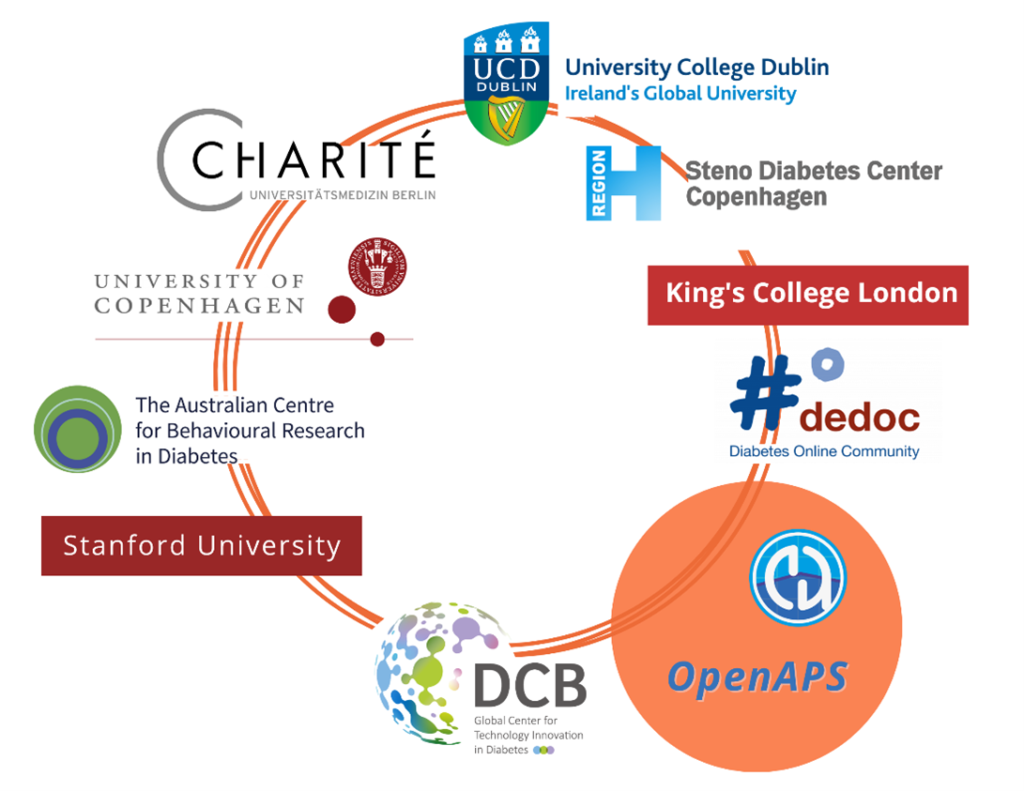
Visual: The OPEN consortium (Status: September 2022)
Dr. Maren Schinz, Innovation Manager at DCB says: ”DCB is a great fit as a consortium member, and we are very proud to contribute to this mutual exchange of knowledge. With OPEN being a flagship project of community involvement, it perfectly matches what we want to achieve at DCB: identifying unmet needs and translating science into real solutions to ultimately improve the lives of people with diabetes.”
About OPEN
The OPEN project consists of an international and cross-cutting and patient-led consortium that aims to build an evidence base around the impact of open-source AID systems on people with diabetes across several regions of the world.
Media contacts
Sunjoy Mathieu & Greta Ehlers
Hanne Ballhausen
More recent news
The DCB Open Innovation Challenge is Back: Submit Your Idea Now!
Lisa Koch joins DCB as professor specialising in artificial intelligence and data science
The newly created assistant professorship with tenure track is the third of a total of three professorships in the...
Diabetes Center Berne and Diabetes Technology Society Collaborate for the 2024 DCB Open Innovation Challenge
We are very excited to announce the launch of the 2024 DCB Open Innovation Challenge for 1 April 2024, this year in...

DCB Research AG
Freiburgstrasse 3
3010 Bern
Switzerland
